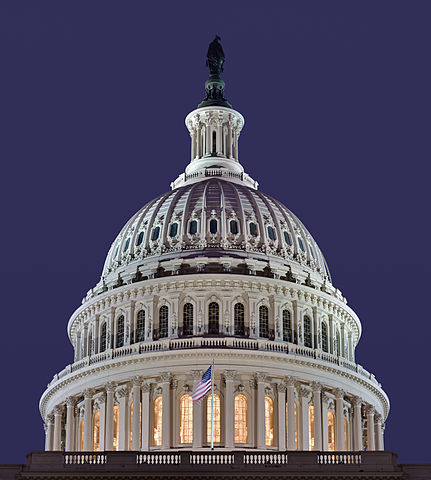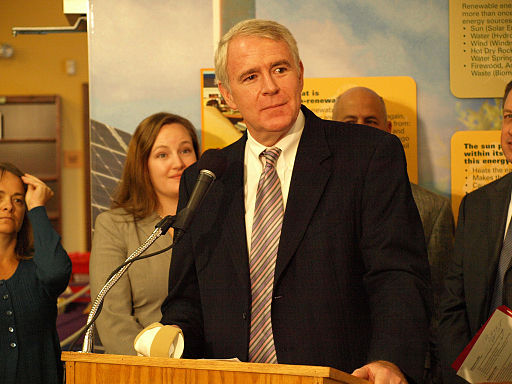Unions and other labor groups say they expect the fight over retirement benefits, specifically public pensions, to intensify as the election saw Republican make gains in many state-level legislatures and governor’s offices.
From Reuters:
Defenders of public pensions say they will be particularly focused on Colorado, Florida and Nevada, where they expect moves to reform pensions will gain steam after Republican gains on Tuesday.
“This fight is not going away,” said Jordan Marks of the National Public Pension Coalition, a national union-funded group that seeks to protect public pensions. “There are a number of states, including Colorado and Nevada. We are looking at next year.”
[…]
In Nevada, Republicans wrested control of both the state assembly and senate from Democrats. Lawmakers reconvene in February.
A Republican bill to switch Nevada’s pensions to a hybrid system was killed by Democrats in 2013. Analysts expect Republicans to reintroduce the measure next year.
In Rhode Island, Gina Raimondo, the state treasurer who spearheaded pension reform measures in 2011, was elected governor despite union opposition. Wisconsin’s Governor Scott Walker, an avowed enemy of unions after taking them on in 2011, was re-elected.
In California, an effort to get a measure on the 2016 ballot that would give local governments more leeway to cut public pension plans will also be renewed, according to the outgoing mayor of San Jose, Chuck Reed, the measure’s main proponent and a rare Democratic advocate for pension reform.
Victory for Reed’s successor in San Jose, Democrat Sam Liccardo, another vocal pension reformer, means a fight between police and the city over retirement benefits will continue unabated.
Labor leaders identified Colorado as another key state in the battle over pensions. Democrats control the House, but control of the Senate is still up in the air.


